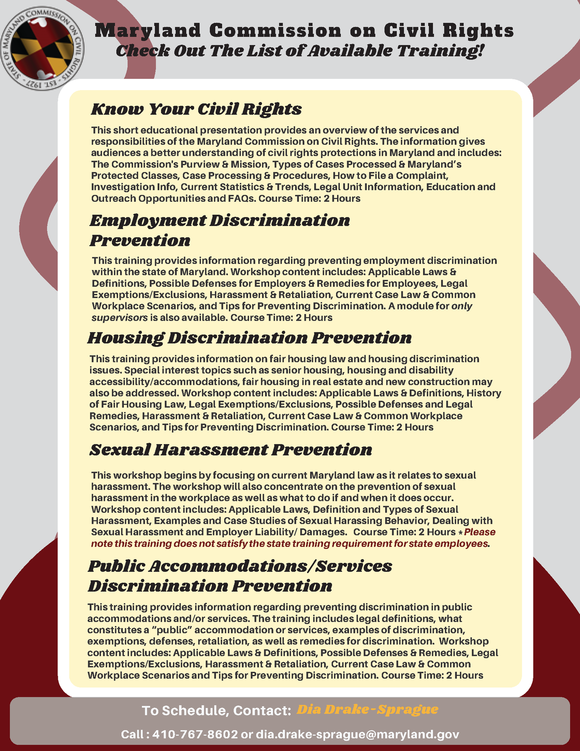Mortgage Inequities
New Research Finds Black Seniors are Disproportionately Denied Mortgage-Based Loans
Many seniors have built up considerable wealth in their homes. Some 78% of 65-to-74-year-olds own their homes, as do 82% of those 75 and older. As of 2019, 47% of homeowners’ median net worth was in their home equity: 58% percent for Hispanic homeowners and 59% for Black homeowners.
The Urban Institute's just-released research report found that the Home Equity Conversion Mortgage (HECM) option tapping home equity could financially help Black senior homeowners, but they are disproportionately denied access at every age and income level. Black HECM applicants experience higher denial rates than white applicants for all age groups, and this denial gap persists at all loan amount levels across all neighborhood incomes.
Using 2021 HMDA data, it was found that the denial rate for Black HECM applicants is the highest across all age groups: 21.5% of Black applicants ages 62 to 74 are denied, compared with 12.0% for white applicants. The overall denial rates for applicants over 75 decrease for white, Black, and Hispanic borrowers, but the Black-white denial gap persists and is 6.9 percentage points.
Regarding loan amount and neighborhood income, Black applicants persistently experience higher denial rates. For Black applicants with loan amounts under $100,000, 36.4% living in low- and moderate-income neighborhoods are denied HECMs, compared with 19.5% of white applicants. This gap continues even for those living in upper-income neighborhoods: 14.7% of Black applicants with $200,000-$300,000 loan amounts are denied, compared with 9.3% of white applicants. Another study (Lindsey-Taliefero and Kelly, 2021), using 2019 HMDA data had consistent findings that Black applicants are more likely to be denied a reverse mortgage after controlling for age, gender, and income.
One reason Black applicants have higher denial rates could be financial precarity associated with limited liquid wealth and postretirement income. In 2021, 33.8% of Black HECM applicants were denied because of insufficient cash. The median liquid net worth for Black homeowners over 62 is only $3,500, compared with $104,000 for white homeowners. Only 29.3% of Black homeowners over 62 have individual retirement accounts compared to white homeowners' 54.8%. Although HECMs provide flexible payment plans, they have high up-front costs and high annual mortgage insurance premiums (MIPs). The average Black applicant cannot afford these up-front costs. For a Black homeowner HECM applicant with a median value of $125,000, the 2% up-front MIPs plus the costs for home appraisal and counseling requires the applicant to pay at least $3,175 at closing, excluding other costs such as the annual MIPs and third-party charges. But the median liquid net wealth owned by a Black senior homeowner is only $3,500. For a white owning a home with a $220,000 median value, this cost structure incurs $5,075 in the first year, far less than the $104,000 median liquid wealth of white senior homeowners.
Another reason for the higher denial rates is that Black senior homeowners have much less housing wealth in late life than white senior homeowners. Among Black applicants over 62, 25.0% of all denials are because of insufficient collateral. Research shows that Black homeowners are more likely than white homeowners to have mortgage debt, even in late life. This mortgage burden limits the amount of collateral value Black households could tap to qualify for a HECM.
Because Black borrowers tend to have low incomes and low credit scores attributable to structural barriers and historic discrimination, the financial assessment further decreases the amount of home equity Black senior homeowners can borrow, making them less likely to tap home equity and less likely to get approved for a HECM loan.
The report sums that homeowners of color are disproportionately "denied for these loans because of decades of historical and structural racism in our financial system. Structural barriers in the mortgage finance system make it less likely for Black homeowners to refinance when interest rates are low, which increases their debt burden over time (Gerardi, Willen, and Zhang 2023). In addition, Black people are disproportionately likely to have thin or no credit files, increasing the likelihood of escrowing future property tax and insurance payments required in the financial assessment, which, in turn, limits the amount of home equity they can borrow."
*****
Read the February 23, 2023 Urban Institute research brief.
Read the January 14, 2023 Urban Institute report.
Read the February 23, 2023 Research Mortgage Daily article.










